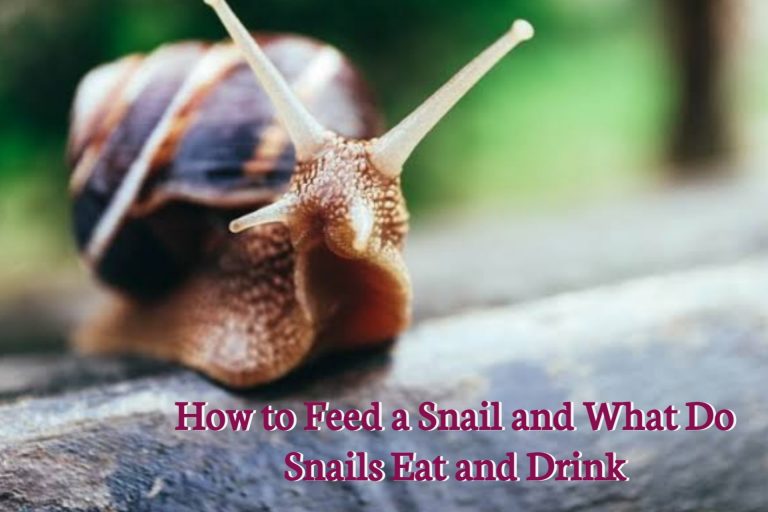Definion of GAME FARMING,
Game is any animal hunted for food or not normally domesticated. Game animal are also hunted for sport. The type and range of animals hunted for food vanes in different parts of
The world. This will be influenced by climate, animal diversity, local taste and locally
Accepted view about what can or cannot be legitimately hunted in Africa. Hunted for their meat are called bush meats.
Game farming involves the raising of wild animals for a variety of products, including meat, hides and feathers. It involves intensive, small-pasture production of wild animal. Game farming involves the confinement of wild animals1 species in a semi domestic state
Where they are fed and grown to required weights and exploited for consumptive use. The criteria for selecting species for farming include:
- Easy to capture
- Adaptability to domestic conditions.
- Ability to produces marketable meat and/or other desired products within reasonable
- Flexible diet.
- Ability to be breed in captivity.
- Pleasant disposition,
- Temperament which makes it unlikely to panic.
Wide animal species I hat are farmed are no longer truly wild and represents an intermediate stage between wild and domesticated species. Common animals currently
Farmed include the ostrich, crocodile, grasscutter, snails, dear, antelope, giant rats, camels.
IMPORTANCE OF GAME PRODUCTION
Game animal exploitation in Africa is done for a number of reasons
- Game animals arc exploited for food and in rural communities; they constitute the
Major or only source of animal protein available to the rural populate.
- Hunting and bush meat trade provides the main source of income for a large net
Work of people ranging from hunters and farmers to market women in rural
In many areas the gathering and market of game animals, even
species such as snails which may be considered to be of little value, provides a
significant proportion of household cash income and determines whether or no! a
child gets education. - Wildlife based industries such as tourism and other products have been shown to be
a major foreign currency earner, contributing significantly to the national economy
and providing jobs for a large number of people. - The nutritional value of bush meat is comparable to meat of domestic species in
many respects and in some aspects such as low level of fat, bush meat is ‘actually
superior to many domestic species. - Wild animals also possess several added advantage over domesticated species in
terms of physiological and ecological adaptation to the African environment,
disease tolerance and productivity.
Advantage of Game Animals over Domestic Animals
- Wild animals are more resistance to several diseases
- Wild animals can survive in marginal lands
- Killing out percentage of wild animals is generally very high.
- Higher utilization and conversion of forages to lean meat.
- Wild animals can survive with little or no water.
HARVESTING OF GAME ANIMALS
Game cropping
Game cropping is defined as the taking of animals from a wild herd in numbers that will not endanger the viability of the wild population. Cropping may be done
- Either as a management technique to prevent the animals from overpopulating their
- Harvesting to provide bush meat and other wild animals products for local consumption
- It could also be done for income generation.
Game cropping is not restricted lo state initiative in protected area but may also be regular harvesting techniques on game ranches and private lands.
Game culling
Game culling on the other hand,-can be a one-time activity with the primary objective of reducing animals populations. Provision of meat in this case becomes an ancillary objective. Culling animals in conservation areas has continued, lo be a controversial issue. While conservation scientists and protected area managers argue for its use as a management tool to control herbivore populations, extreme conservationists consider it morally wrong. Culling, as a game management tool has been used in some protected areas in some parts of Africa for three reasons:
- To prevent or reduce habitat degradation caused by high densities of herbivorous
animals.
- As a species protection strategy e.g. in cases where there is competition between
locally abundant and rare species, a proportion of the abundant species may be
culled to reduce the competition. - Another important reason for culling locally abundance species in Africa is the need
for animal protein, and the social injustice of allowing large numbers of common
Species to roam in and out of the protected areas destroying habitat and crops when local people living around the protected areas are malnourished form protein deficiency.



VERY USEFUL AND KNOWLEDGEABLE
I’m happy that you love the information. Thanks